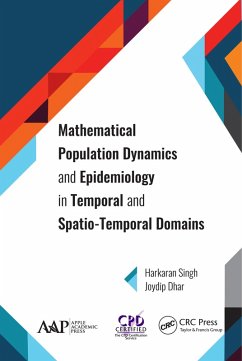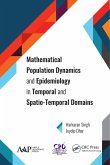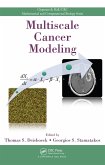Mankind now faces even more challenging environment- and health-related problems than ever before. Readily available transportation systems facilitate the swift spread of diseases as large populations migrate from one part of the world to another. Studies on the spread of the communicable diseases are very important. This book, Mathematical Population Dynamics and Epidemiology in Temporal and Spatio-Temporal Domains, provides a useful experimental tool for making practical predictions, building and testing theories, answering specific questions, determining sensitivities of the parameters, forming control strategies, and much more.This volume focuses on the study of population dynamics with special emphasis on the migration of populations and the spreading of epidemics among human and animal populations. It also provides the background needed to interpret, construct, and analyze a wide variety of mathematical models. Most of the techniques presented in the book can be readily applied to model other phenomena, in biology as well as in other disciplines.
Dieser Download kann aus rechtlichen Gründen nur mit Rechnungsadresse in A, B, BG, CY, CZ, D, DK, EW, E, FIN, F, GR, HR, H, IRL, I, LT, L, LR, M, NL, PL, P, R, S, SLO, SK ausgeliefert werden.









